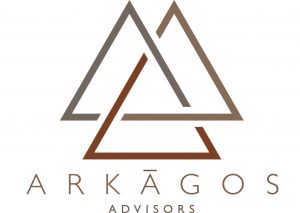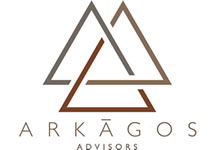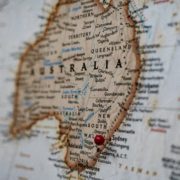Raising Financially Independent Kids
In a world of instant gratification and “cash apps” and online payments, the next generation is slowly losing the ability to comprehend the purpose of saving, investing and more importantly, the power of compounding returns.
Teaching children and specifically those middle school to high school ages, the immense impact of saving and spending according to a percentage of their budgets could in fact be the best lesson ever taught. The ability to manage money does not happen with a financial class or a “self-help” book; it’s a life style, that when taught early, in steps, will yield rewards for parents as well as their children.
This article from one of my favorite money gurus, Dave Ramsey offers some great tips and activities to engage your children in managing their own money, early on in life:
https://www.daveramsey.com/blog/how-to-teach-kids-about-money









